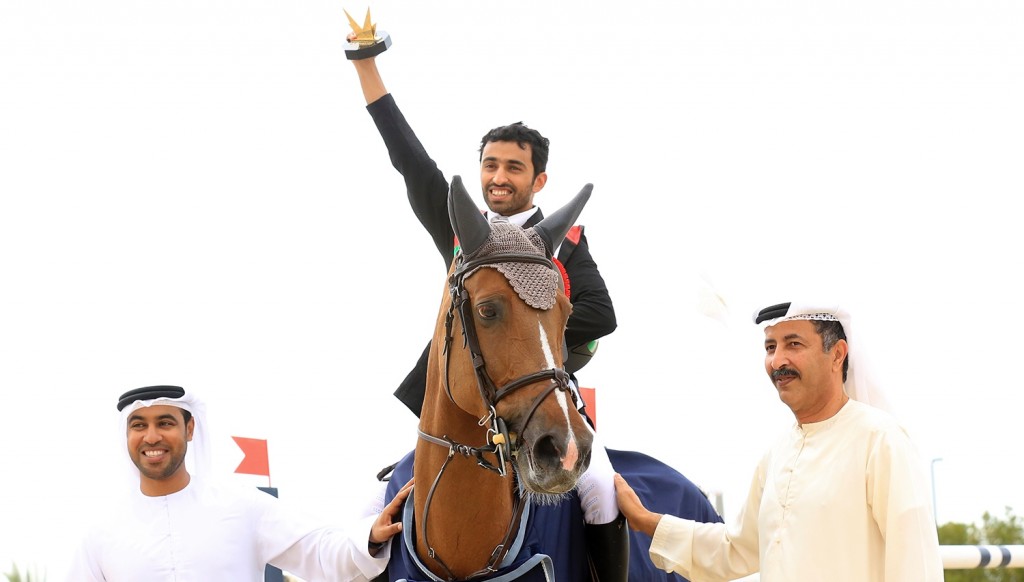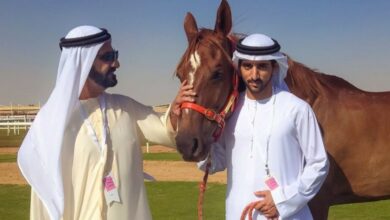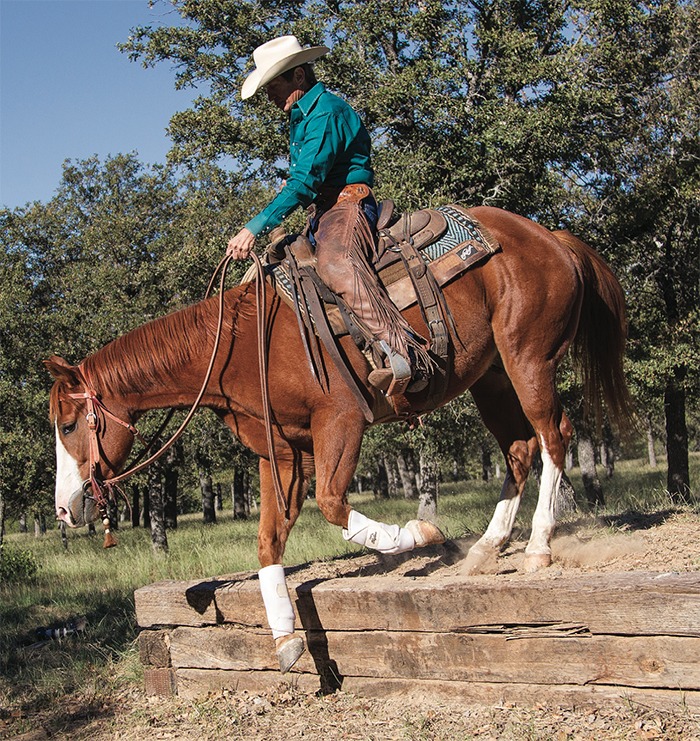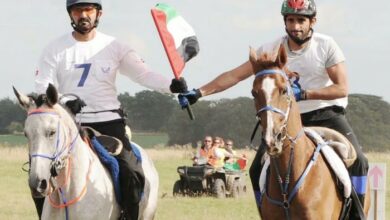In the golden sands of the Arabian Peninsula, long before modern racetracks and grandstands, there lived a young jockey named Khamis Al-Suwaidi. Born in a small Bedouin village, Khamis grew up with horses as companions, learning to ride before he could even walk steadily. By the time he was ten, he was known in his village as “the boy who rides like the wind.”
Khamis’s story became famous during the 1960s when horse racing in the Gulf was still a traditional sport, woven into cultural gatherings and festivals. Unlike today’s races, where every detail is measured and timed, these events were raw, spirited competitions where courage and instinct meant everything.
It is said that Khamis’s most remarkable victory came during a desert festival in Sharjah. Competing against older, more experienced riders, he rode a chestnut Arabian stallion named Barq, meaning “lightning.” The race stretched across dunes under the burning sun, and many believed the young boy would not last the distance. But Khamis and Barq moved as one—light, graceful, and untiring.
As the race neared its end, his rivals’ horses began to slow, but Khamis urged Barq forward with a whisper in the horse’s ear. In a final burst of speed, they crossed the finish line first, leaving the crowd in awe. From that day, Khamis was remembered not just as a jockey but as a symbol of the bond between Arabians and their riders.
Though he never sought fame, his tale was retold across generations, inspiring young riders to pursue racing with heart and honor. Today, when people speak of the old traditions of equestrian sport, the story of Khamis Al-Suwaidi reminds us that racing is not only about winning—but also about respect, courage, and the deep trust between horse and rider.




